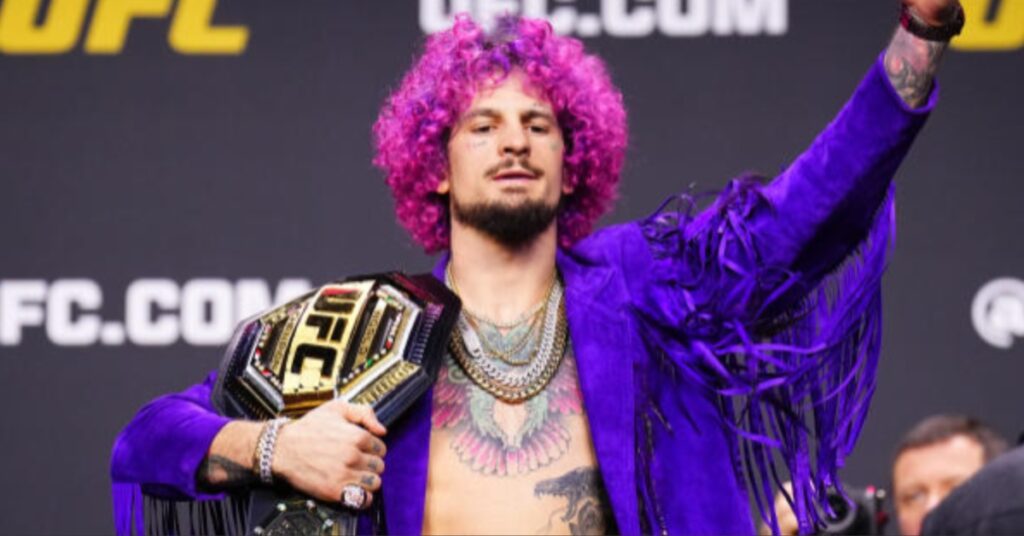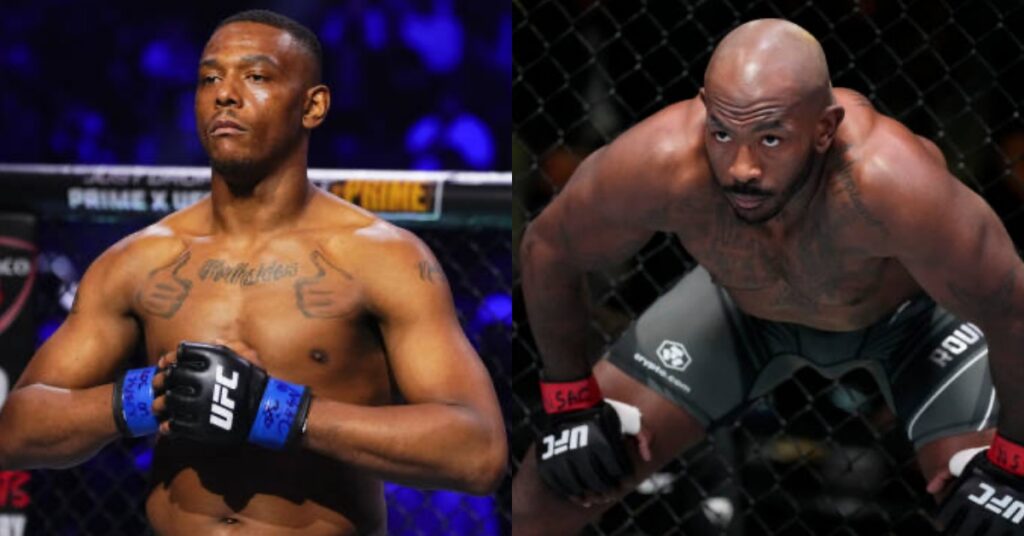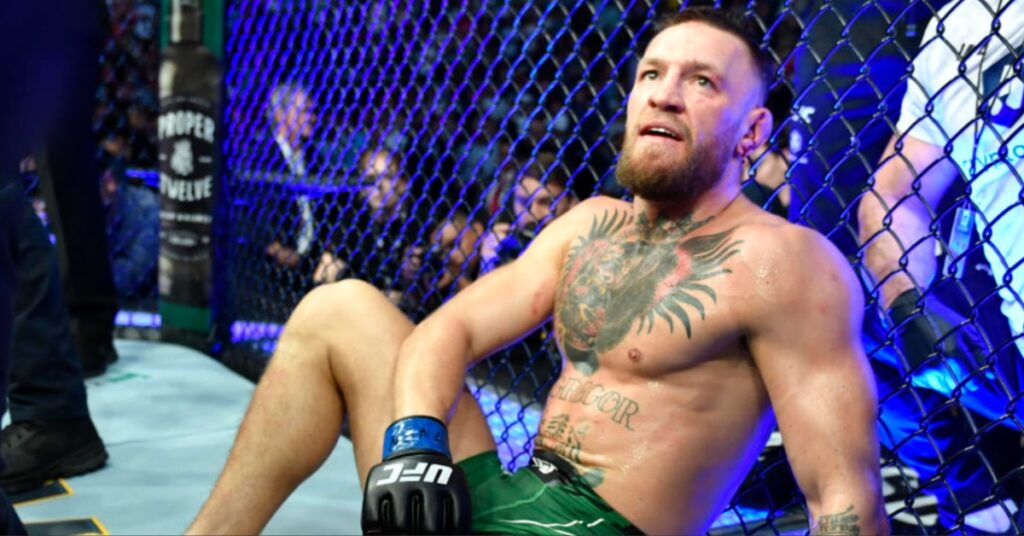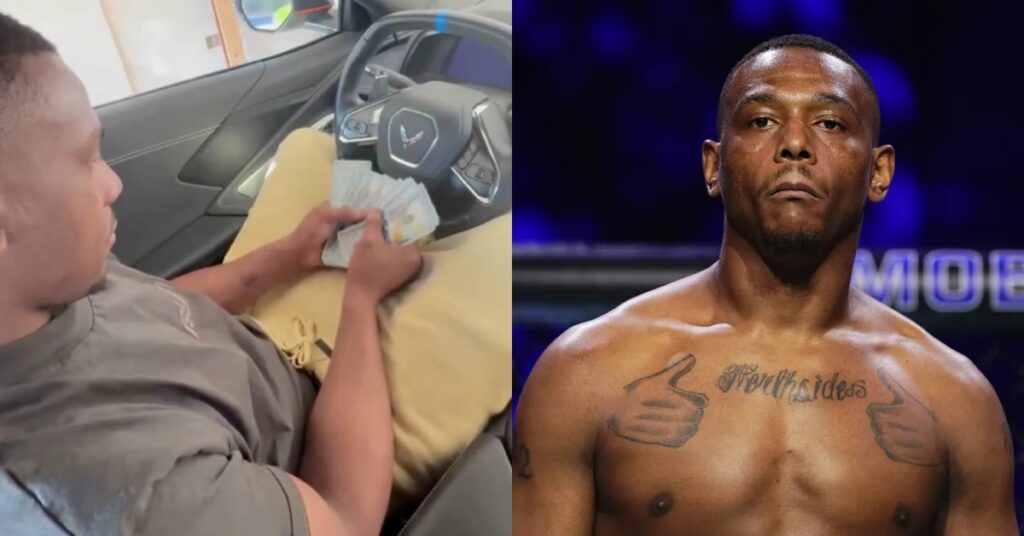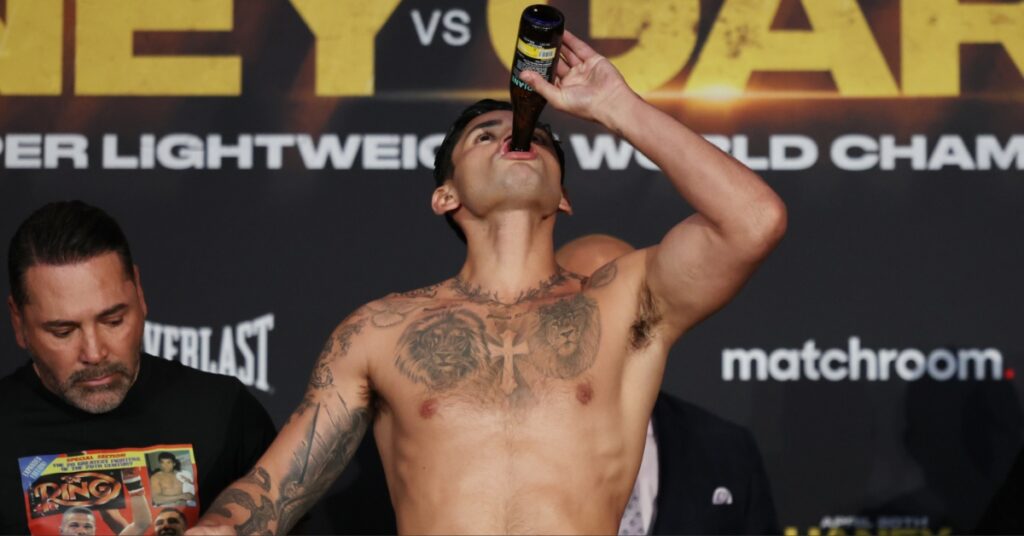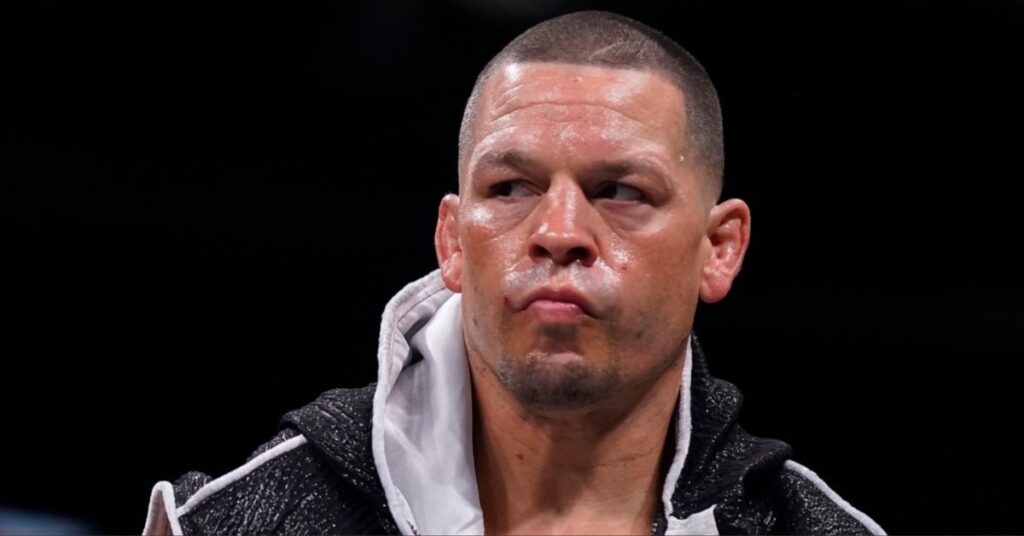Where in the World is WAMMA?
Since July 19, 2008, when Fedor Emelianenko defeated Tim Sylvia at Affliction: Banned, “The Last Emperor” has been touted as the WAMMA heavyweight champion, an accomplishment that M-1 Global and his manager Vadim Finkelstein seem very proud of to date. While few have seen the title as of late, even fewer even understand its intended purpose or even who or what WAMMA is all about.
WAMMA, or the World Alliance of Mixed Martial Arts, was created as a sanctioning organization for MMA. WAMMA idealizes many admirable goals, such as “promoting the integrity, legitimacy, and longevity of mixed martial arts” by way of unifying rules and rankings. Additional objectives include investing in the sport by contributing to fighter pension funds, insurance programs, financial education seminars, and referee and judge training. Furthermore, unlike most sanctioning bodies, WAMMA does not charge promoters or tax fighters.
On November 15, 2007 the World Alliance of Mixed Martial Arts was officially announced and WAMMA would garner much needed support amongst the MMA community. Seven months later on June 14, 2008 it was announced that the fight between Fedor Emelianenko and Tim Sylvia at Affliction: Banned would be for the new WAMMA heavyweight crown. With the stage set, it took Fedor just 36 seconds to choke out Sylvia and lay claim to the newly created title.
Later the same year on December 29, 2008, the WAMMA lightweight title was introduced to the masses. The division champion was to be decided by a match at Dynamite!! 2008 between Shinya Aoki and Eddie Alvarez. In similar fashion it took just 1:32 and a heel hook to crown Aoki the new WAMMA lightweight champion.
Since its conception WAMMA has faced some sizable obstacles in its quest for a more structured MMA. While it seeks to unify both rules and rankings, doing so requires unified consensus or acceptance of its legitimacy. In other words, all promotions and parties to whom it may concern must recognize their standing. The UFC however, as the dominant promotion in the sport, has not volunteered its recognition. While others such as Affliction, Adrenaline MMA, Strikeforce, Dream, K-1 and M-1 Global has, or had in some cases, cooperated, the UFC has never expressed interest in co-promotion of any kind. Quite a large hurdle if you consider that as of February 2010, over 75 percent of WAMMA’s top ranked fighters were contracted by ZUFFA LLC, the parent company of both the UFC and WEC.
In the years since the crowning of WAMMA’s heavyweight and lightweight champions Aoki has yet to defend his WAMMA title, despite fighting seven times and losing in two of such matches. Fedor Emelianenko, WAMMA’s heavyweight title holder, has successfully defended twice, once against Andrei Arlovski and again against Brett Rogers. In his latest bout at Strikeforce: Fedor vs Werdum, word was that once again Fedor’s WAMMA title would be on the line. However, following Emelianenko’s defeat, the title strangely has not changed hands.
Heading into the Strikeforce heavyweight bout, MMAFighting’s Ariel Helwani invited M-1 representative Evgeni Kogan to appear as a guest on his show “The MMA Hour,” where he questioned Kogan on the matter. Kogan stood firm in M-1’s belief in the honor:
“What it means, and what it means for us, is the idea that anyone can fight anyone. …Eventually everyone is going to fight everyone else. It’s going to have to happen. It’s inevitable. That’s what the WAMMA belt stands for. It stands for the hope for the future that the best people in the world will meet the best people in the world without organizations, without contracts, without all this stuff getting in the way. That’s why we hold the WAMMA belt in such importance. … It stands for an idea. Not only for Fedor but for us.”
When Helwani pressed the issue of its defense in the upcoming bout, Kogan responded, “Good question. I believe that it would be.”
However, Kogan has since retracted his statements, “I was mistaken,” Kogan told MMAFighting. “The WAMMA belt was not on the line in the June 26 bout.”
As of late, the legitimacy of these titles have been called into question. With Aoki failing to defend and losing two fights since capturing the lightweight title and M-1 Global’s abduction of the heavyweight strap, some are wondering if these titles carry any worth at all. With recent events considered, the questioning seems reasonable. Will these titles ever actually change hands or has the WAMMA slogan “One Belt One King” been taken to the extreme?
In response to that question Kogan simply replied, “I’d put this question to WAMMA, I think it’s more their territory.”
A fair response in essence, however that poses another issue. No one seems to know if WAMMA is even still in operation. Their website does not appear to have been updated since November of 2009. Many of the members who were outsourced the organization’s ranking responsibilities have not received any recent requests for input. Some such members have reported that their emails to WAMMA inquiring on the organization’s status have continued to go unanswered. One former employee of the company has not been able to reach his former bosses in reportedly over 6 months.
It seems evident at this point that the once well-intended entity may have abandoned its quest for unity within MMA. If so, a belt that once stood for purity and openness within the sport, will more than likely be reduced to the value of the materials used to construct it. With no one to force Fedor to hand it over, it will ultimately end up another trophy mounted on the wall of an M-1 Global office.

